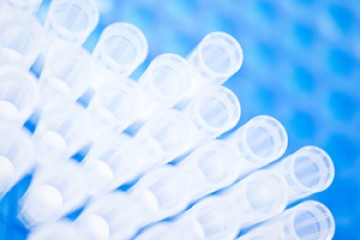PhD Studentship
Developing an in vitro repeat-dose test as a 3Rs approach to detect non-genotoxic carcinogens

At a glance
Completed
Award date
October 2018 - March 2022
Grant amount
£97,805
Principal investigator
Professor Gareth Jenkins
Co-investigator(s)
Institute
Swansea University
R
- Reduction
- Replacement
Read the abstract
View the grant profile on GtR
